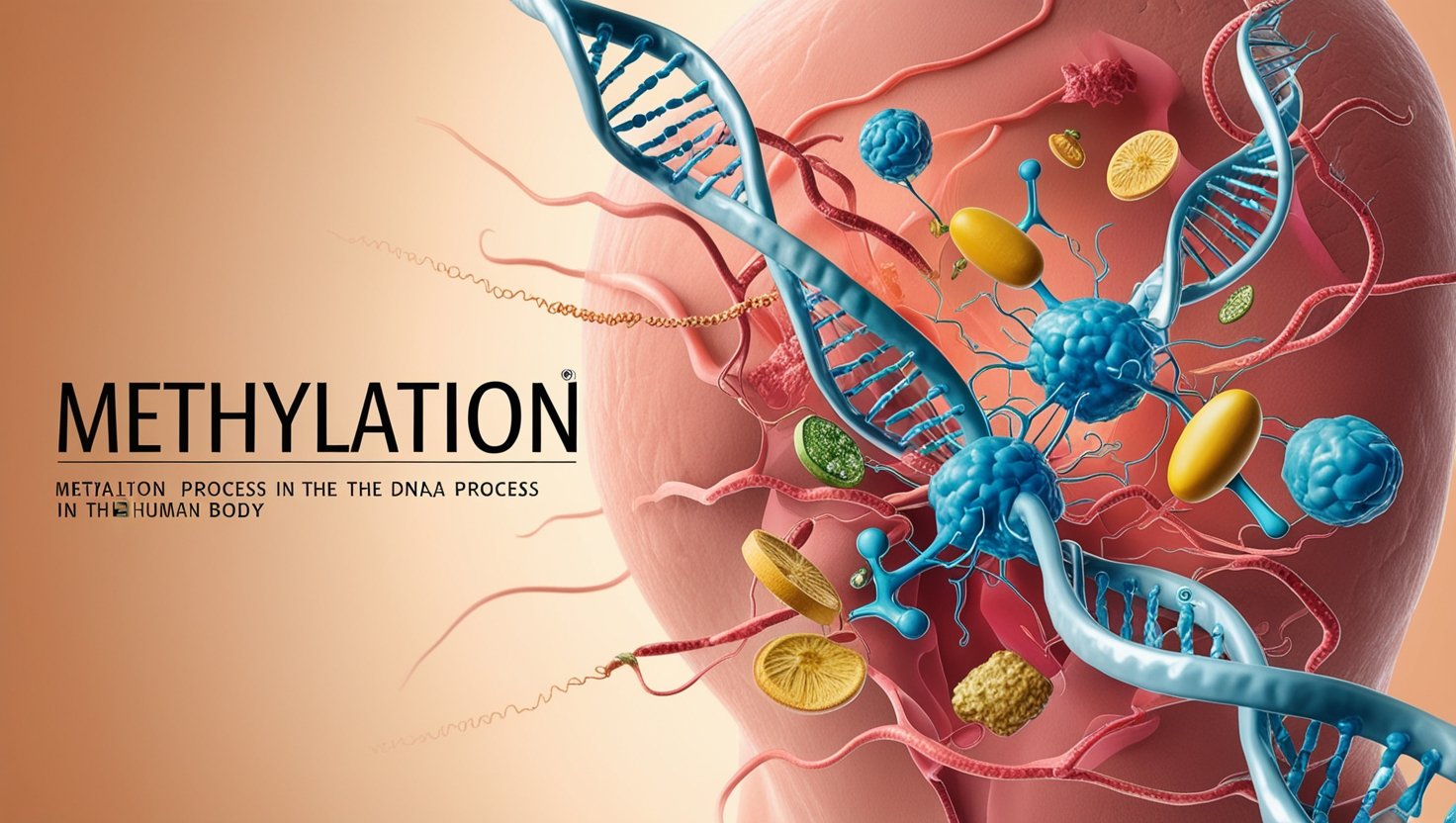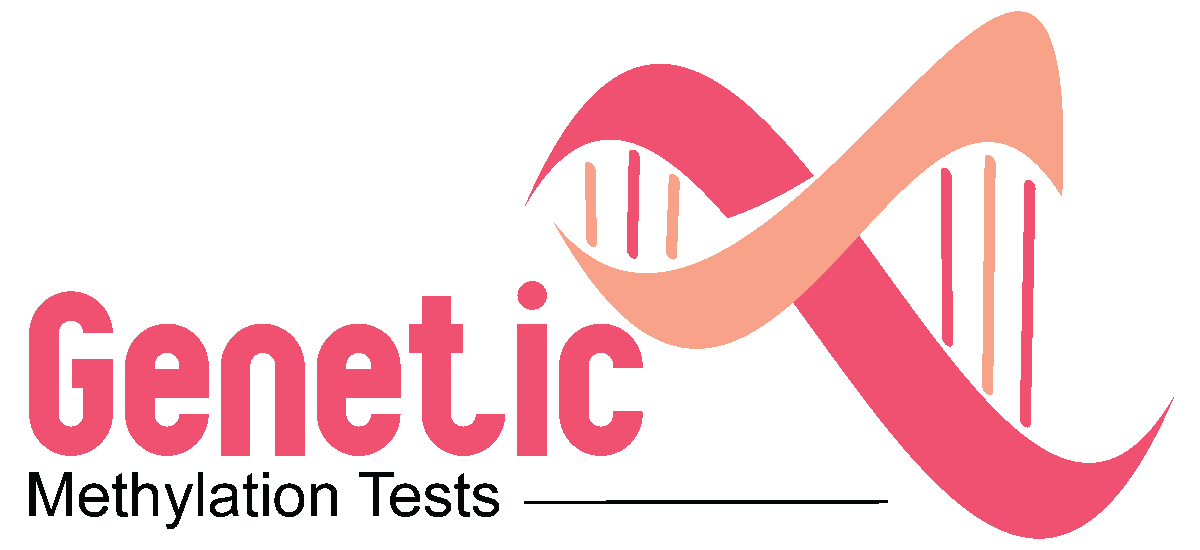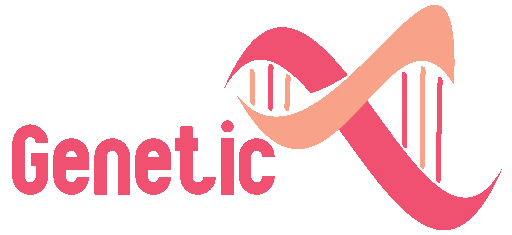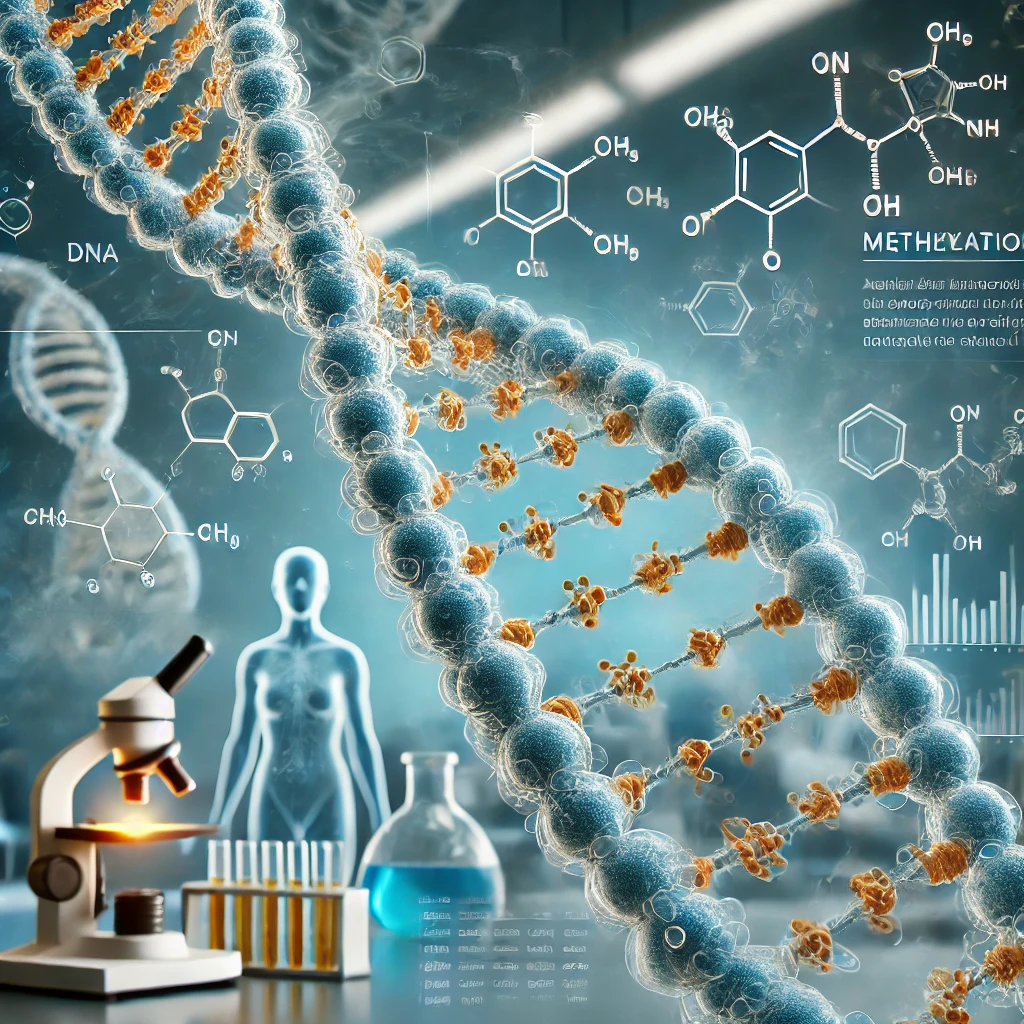
So, What is Methylation in the Body? Methylation is a process that happens in every cell of the body. It involves adding a methyl group (a carbon atom bonded to three hydrogen atoms) to DNA, proteins, or other molecules. This simple chemical reaction acts like a biological switch, turning genes on or off and regulating many important processes such as DNA modification, embryonic growth, and placental growth. It also plays a role in gametogenesis and imprinting, which are essential for reproduction and development.
Methylation is vital for keeping the body’s systems running smoothly. It affects the cardiovascular system, neurological system, reproductive system, and detoxification system. Proper methylation ensures that our genes work correctly, but when it goes wrong, it can lead to serious issues like cancer, heart disease, or mental health problems.
What is Methylation in the Body?
Does Methylation Increase Gene Expression?
Methylation acts as a regulator for genes. When DNA methylation occurs, it often reduces gene expression, essentially “turning off” specific genes. This process is important for normal cellular function, but excessive methylation or insufficient demethylation can create problems. For instance, the over-methylation of the BRCA1 gene has been linked to certain cancers.
In contrast, proper methylation supports the body’s ability to produce important neurotransmitters like serotonin, melatonin, and epinephrine. These are crucial for mental health, helping to reduce conditions like anxiety, depression, and insomnia. A delicate balance of methylation and demethylation ensures that genes are expressed as needed without causing harm.
How to Support Methylation
To support healthy methylation, focus on key lifestyle factors. Start with your diet, which should include plenty of dark leafy greens, asparagus, avocado, broccoli, Brussels sprouts, legumes, peas, beans, lentils, and whole grains like rice. These foods are rich in nutrients like active folate or 5-MTHF, which is critical for the methylation cycle. Foods high in sulfur like cysteine and taurine also promote healthy methylation.
Another important nutrient is methylfolate, a bioavailable form of folic acid that supports individuals with a genetic mutation in the MTHFR (methylenetetrahydrofolate reductase) gene. This mutation can interfere with the methylation process, but methylation vitamins like B vitamins and supplements such as S-adenosylmethionine (SAMe) can help balance it.
Lifestyle changes are equally important. Regular physical exercise, avoiding excessive alcohol, quitting smoking, and cutting back on excessive coffee consumption all play a role in maintaining proper methylation. Stress management is also crucial, as chronic stress can disrupt the balance.
How Does DNA Methylation Affect Gene Expression?
DNA methylation directly impacts which genes are active or inactive. This regulation is essential for proper growth and development. For example, during embryonic growth, certain genes are turned off to ensure that only necessary functions occur. However, when DNA methylation is disrupted, it can lead to health problems like reduced immune function, mental health issues, and even cancer.
Methylation also affects how the body produces substances like glutathione, an important antioxidant, and other compounds such as L-carnitine and coenzyme Q10, which are essential for energy and detoxification.
How to Improve Methylation Supplements
Sometimes, dietary changes alone may not be enough to support methylation, especially if you have a genetic mutation like MTHFR. In such cases, supplements can be very helpful. Look for methylation vitamins containing 5-MTHF, SAMe, and B vitamins, especially B6, B12, and folate. These nutrients help the body produce important compounds like nitric oxide, which supports the cardiovascular system, and neurotransmitters like norepinephrine.
Supplements like glutathione, L-carnitine, and coenzyme Q10 can further support methylation by improving energy production and detoxification. They are particularly useful if you experience symptoms like fatigue, headaches, or muscle pain related to methylation imbalances.
1. What is methylation, and why is it important?
Methylation is a chemical reaction that adds a methyl group to DNA, proteins, and other molecules. It acts like a biological switch, regulating important processes like gene expression, DNA modification, and neurotransmitter production. Proper methylation is crucial for the cardiovascular system, neurological system, reproductive system, and detoxification system.
2. How does DNA methylation affect gene expression?
DNA methylation can reduce gene expression by “turning off” certain genes. This is necessary for normal growth, development, and cellular function. However, too much or too little methylation can lead to health issues like cancer, mental health problems, or reduced immune function.
3. What can cause methylation imbalances?
Factors like poor diet, genetic mutations like MTHFR, chronic stress, lack of exercise, and exposure to toxins can all disrupt methylation. These imbalances may lead to symptoms such as anxiety, depression, insomnia, allergies, headaches, and muscle pain.
4. How can I support my methylation cycle naturally?
You can support methylation by eating a whole-food diet rich in dark leafy greens, asparagus, avocado, broccoli, Brussels sprouts, legumes, beans, and lentils. Regular exercise, managing stress, and avoiding excessive alcohol or coffee can also help maintain balance.
5. What are the best supplements for improving methylation?
Supplements like 5-MTHF (active folate), SAMe, and methylation vitamins (especially B6, B12, and folate) are excellent for supporting methylation. Other helpful options include glutathione, L-carnitine, and coenzyme Q10 to improve detoxification and energy production.
6. How do I know if I have a methylation problem?
Symptoms like fatigue, mental fog, frequent illnesses, or persistent mental health issues may indicate methylation imbalances. A genetic test, like the one provided by Genetic Methylation Test, can identify issues like MTHFR mutations that affect your methylation cycle.
7. What role does lifestyle play in methylation?
Lifestyle factors like smoking, excessive alcohol consumption, and high coffee intake can negatively impact methylation. On the other hand, a healthy lifestyle with good nutrition, physical activity, and stress management can promote optimal methylation.
8. Can methylation problems be reversed?
Yes, with proper diet, lifestyle changes, and targeted supplementation, methylation imbalances can often be corrected. Identifying issues through a genetic test and making informed adjustments is key.






Leave a Reply